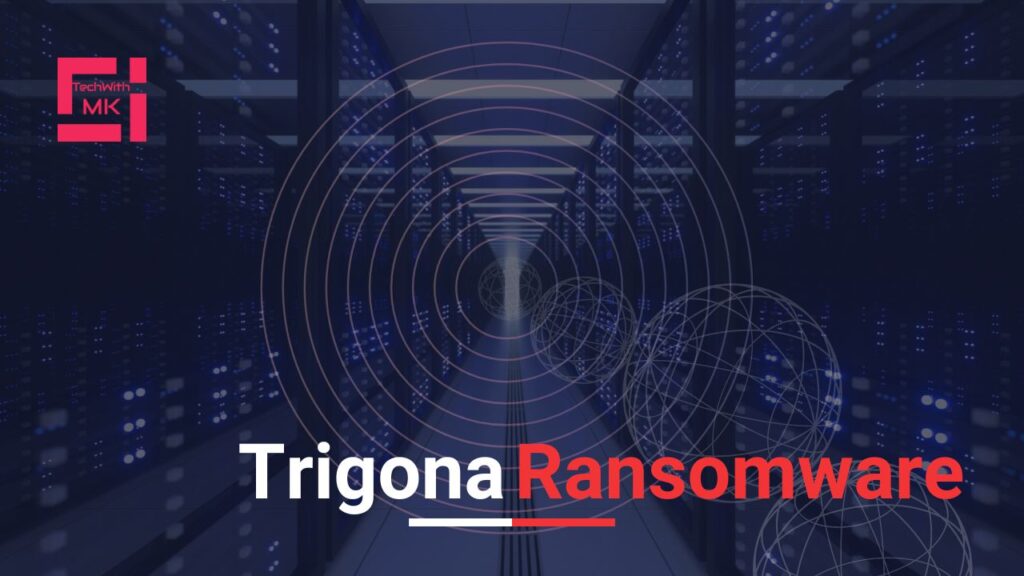In today’s digital world, small businesses face many cyber security risks. These threats can lead to data breaches, disruptions in business operations, and damage to your company’s reputation. Even with limited resources, small businesses must prioritize cyber security. So, let us find out why cyber security matters for small businesses, identify common vulnerabilities and provide easy-to-follow steps to secure their networks, data, and customer information.
Understanding Why Cyber Security is Important for Small Businesses
• The increasing threat landscape: Cyberattacks targeting small businesses are becoming more frequent and sophisticated.
• The cost of a breach: A successful cyber attack can result in financial losses and harm your business’s reputation.
• Following regulations: Following data protection regulations is crucial for small businesses to maintain legal compliance.
Common Cyber Security Vulnerabilities for Small Businesses
• Weak passwords and authentication: Using weak passwords puts your business at risk. Creating unique, strong passwords and enabling two-factor authentication (2FA) when possible is essential.
• Phishing attacks: Phishing emails and fraudulent websites trick employees into revealing sensitive information. Learn to spot and avoid these scams.
• Outdated software and unpatched systems: Running outdated software exposes your business to known vulnerabilities. Keep your software and systems up to date and apply security patches regularly.
• Insider threats: Employees, contractors, or third-party vendors with access to sensitive data can unintentionally or intentionally cause harm. Implement user access controls and provide cyber security training to mitigate these risks.
Simple Steps to Secure Your Small Business
• Educating employees: Train employees to recognize and report suspicious activities, follow safe practices, and avoid common pitfalls.
• Implementing strong network security measures: Use firewalls, secure Wi-Fi networks, and encryption to protect data in transit and at rest.
• Regular data backups: Regularly back up critical business data to prevent data loss in case of a breach or system failure.
• Applying software updates and patches: Keep your operating systems, software, and applications updated to address security vulnerabilities.
• Securing remote work environments: Use VPNs, secure home Wi-Fi networks, and adopt secure communication tools to protect remote workspaces.
Conclusion
Cyber security is essential for small businesses, even with limited resources. By understanding its importance, identifying common vulnerabilities, and following simple steps to protect your networks, data, and customer information, you can strengthen your defenses against cyber threats. Remember, investing in cyber security is an investment in the long-term success of your business in the digital world.
FAQs
Why should small businesses prioritize cybersecurity?
Cyber threats increasingly target small businesses, and a successful breach can lead to financial losses, reputational damage, and legal consequences. Prioritizing cybersecurity helps protect sensitive data, maintain business operations, and build customer trust.
What are some common cybersecurity vulnerabilities for small businesses?
Common vulnerabilities include weak passwords, phishing attacks, outdated software, unpatched systems, and insider threats. Addressing these vulnerabilities is crucial for enhancing cybersecurity defenses.
What should small businesses do in the event of a cybersecurity incident?
Develop an incident response plan that outlines steps to detect, contain, and recover from security incidents. Establish communication channels, contact information for relevant authorities, and procedures for notifying affected parties.


